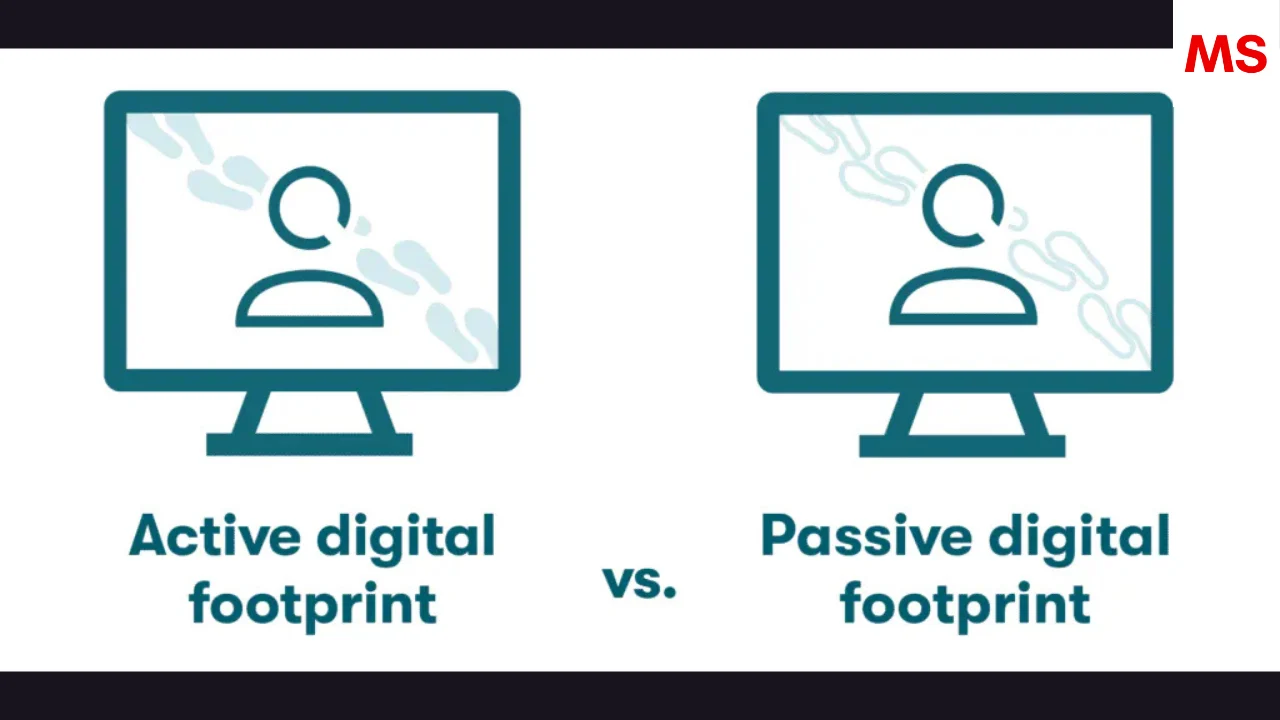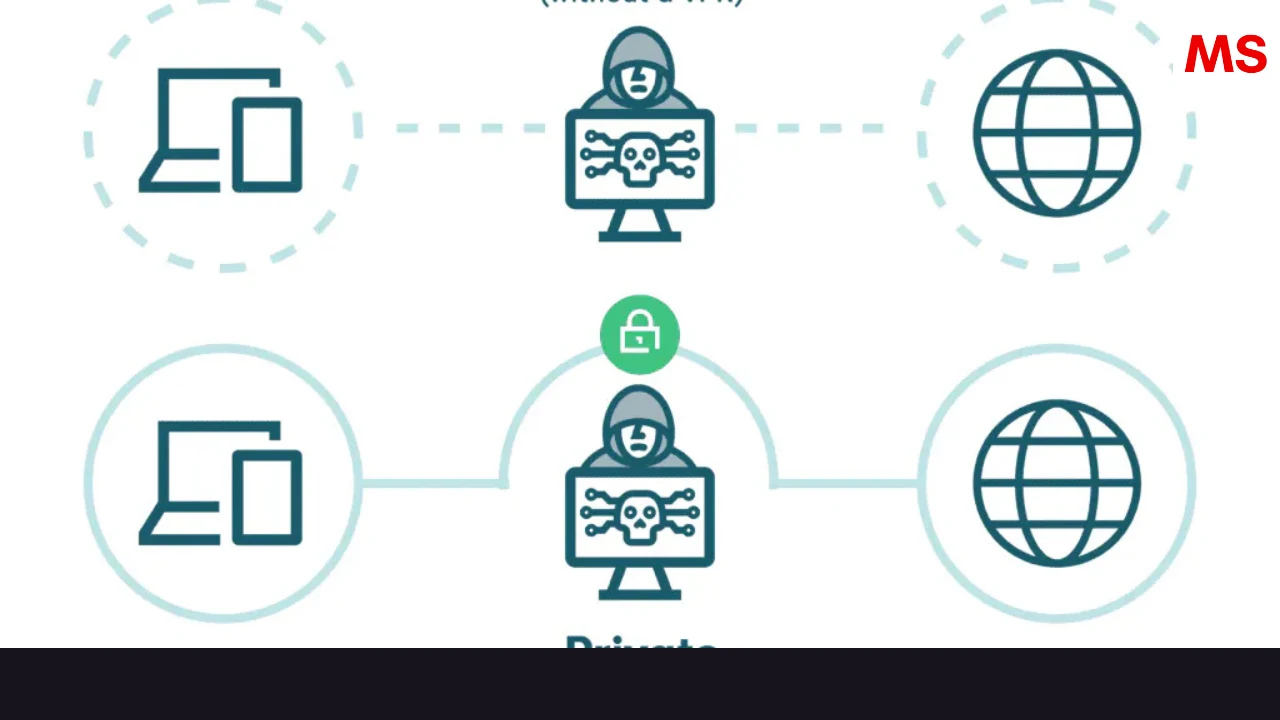Digital Footprint: The issue of data privacy and security matters today, as it is August 25, 2024. In our electronic age, the environment is advancing rapidly. By living with it, the dangers against our data also get aggravated. We will see what is data privacy and security, why it’s important.

What is Data Privacy?
In short, Information security deals with safeguarding data along with user privacy as Digital Footprint. This information could be everything from your name and address to your social security number, and bank account details. This data is collected by companies and organizations. Data privacy makes sure that how they take care of it securely and with accountability.
Importance of Data Privacy
There are many reasons why data privacy is vital
- Securityfulness of Identity Theft: People could steal your identity if they get their hands on any of the personal information you have stored in an online server. It’s called “identity theft.” It should matter.
- Freedom of the Individual: People may feel as though they are being spied upon. This will restrict what they can say or do online.
- Trust: For example, if users knew the companies hosting their data were protecting it from breaches and misuse they tend to trust them more. And this is critical for businesses.
What is Data Security?
Security- It is the way of protecting data from threats. There are many threats such as hackers, viruses, and even natural disasters. At its core, data security is the practice of keeping information safe through minimum control over who can access that data.

Importance of Data Security
Why is data security necessary?
- How to Avoid Data Breaches: A data breach happens when unauthorized people gain access to parts of your system. Data security is the means of protecting one’s data from breaches.
- Data Integrity Keep your dark data intact If it is corrupted, the information meaning changes.
- Law Compliance: some laws will require organizations to secure data. Data safety assists in fulfilling these laws.
Most Prevalent Data Privacy and Security Risks
Threat to data privacy, for many reasons as follows:
- Phishing: In which the attacker pretends to be a trustworthy entity and contacts people for their credentials. Fake emails or websites are frequently employed by them.
- Malware: Malicious software designed to damage or disrupt and computer. It can steal your data and corrupt the system.
- Ransomware: Ransomware encodes the victim’s data until a ransom is paid. It is a growing threat.
- Data Breach: This occurs when hackers get into a system and rob data.
- Insider Threats: The threat can be internal sometimes. Data could be used improperly by employees or contractors
How to Protect Your Data
Your data is precious. Protect it Here are some tips:
- Avoid Weak Passwords: A weak password has only letters. Do not have the same password for everything
- Never forget to turn 2FA: adds another layer of security. If someone knows your password, they still can’t log in to your account without the other factor.
- Watch For Emails: Do Not Click Links or Download Attachmentsymbols from Non-Reputable Sources.
- Update Your Software: These updates often contain security patches. We should upgrade our software.
- Install Antivirus Software: Good antivirus software should have the ability to detect and remove malware.
Data Privacy Laws
Several countries have their regulations regarding data protection and privacy.
- GDPR (General Data Protection Regulation): It is a regulation in EU law on data protection and privacy for all individuals within the European Union. This is the magic of owning your data.
- CCPA The California Consumer Privacy Act: This protects data in the state of California. It gives residents more control and ownership rights of their data.
- HIPAA: Health Insurance Portability and Accountability Act – safeguarding health data in the U.S.
- Sense Checks: Data Privacy, Security & Corporate Governance
Role of Companies in Data Protection They do it this way:
- Encryption: It encodes the data. Only an authorized person can read it.
- Organizations use access controls to restrict data. Applications use passwords and other means for authentication so,
- Audits: They verify the effectiveness of a company in protecting itself against personal data breaches.
- Training: Informing employees on data privacy and security. They understand their data to be secure.
Data Privacy and Security of the Future
- Future: It bodes well for data privacy and security. Here are some trends:
- AI and Machine Learning: This tech helps to identify threats and detect and prevent them.
- Blockchain: To securely store and/or share data using blockchain. You cannot easily corrupt blockchain records.
- Privacy by Design: This involves privacy in the design of products from the outset. In this way, it ensures that privacy is on top.
Conclusion
Data privacy and security have finally come out of the box in this digital world. They keep our secrets and they build trust. It is important to know how the threats work and what you can do. However, companies have a crucial role to play in safeguarding data privacy and security. New technologies to enhance data protection will be developed in the future.
Glossary
- Identity Theft: When Someone Uses Your Personal Information Pretending to Be You
- Agent Breach: Agent gains access to data without permission
- Phishing: Luring people into supplying personal information
- Malware: Programs that are designed to damage computers.
- Ransomware: A software which locks itself on your data and you just have to pay it to unlock the files.
- Encryption: The process of converting data to a code to help protect it.
In this day and age, privacy is increasingly paramount. Keep yourself informed and protect what you can. There is nothing wrong with the digital world as long as we all assume our responsibilities.
I’m Ankz Kumar, the writer of Meraseason News. Here, I write content for tech, business, finance, automobiles, and education. My goal is to provide valuable, easy-to-understand content to readers so they stay informed and make smarter decisions.

